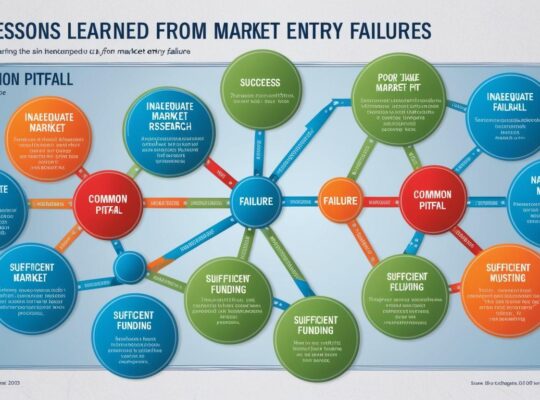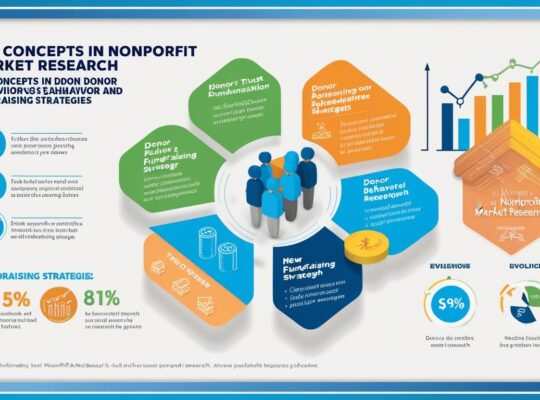Introduction
The digital landscape is constantly evolving, and marketers are now facing a significant challenge with the phasing out of third-party cookies. This shift has profound implications for how businesses collect and utilize user data. As a seasoned management consultant with extensive experience in various industries, I will explore the impact of these changes and provide insights on how to navigate this new environment effectively.
The Rise of Privacy Concerns
The increasing focus on user privacy has led to a significant shift in the way data is collected and utilized. The General Data Protection Regulation (GDPR) in the European Union and the California Consumer Privacy Act (CCPA) in the United States have set new standards for data protection. These regulations have forced businesses to rethink their data collection strategies and adopt more transparent and user-centric approaches.
Key Challenges
1. Data Collection: The traditional methods of data collection, such as third-party cookies, are being phased out. This means that businesses must find alternative ways to collect and analyze user data.
2. User Trust: The lack of trust in data collection practices has led to a decline in user engagement and a higher likelihood of users opting out of data collection.
3. Compliance: Businesses must ensure compliance with various privacy regulations, which can be complex and time-consuming.
Strategies for Navigating the Post-Cookie World
1. First-Party Data
First-party data refers to data collected directly from users through interactions on your website or application. This data is more reliable and provides a better understanding of user behavior. Businesses can collect first-party data through:
– User Registration: Encourage users to register on your website or app to collect their data.
– Opt-in Mechanism: Implement opt-in mechanisms for users to consent to data collection.
– **Contextual Advertising**: Use contextual advertising that does not rely on cookies.
2. Zero-Party Data
Zero-party data is data that users actively provide to you. This can include preferences, interests, or other information that users voluntarily share. Businesses can collect zero-party data through:
– Surveys and Feedback: Conduct surveys and gather feedback from users to understand their preferences.
– User-Generated Content: Encourage users to generate content, such as reviews or ratings, which can provide valuable insights.
3. Ethical Data Collection
Ethical data collection involves collecting data in a transparent and user-centric manner. This includes:
– Clear Communication: Clearly communicate your data collection practices to users.
– User Consent: Obtain explicit consent from users before collecting their data.
– Data Minimization: Collect only the necessary data and minimize data retention.
4. Alternative Analytics Tools
Alternative analytics tools can help businesses analyze user behaviour without relying on cookies. These tools include:
– Server-Side Analytics: Use server-side analytics to collect data without relying on client-side scripts.
– Device Fingerprinting: Utilize device fingerprinting to identify users based on their device characteristics.
– Behavioural Analytics: Focus on behavioural analytics to understand user behaviour without relying on cookies.
5. Data-Driven Marketing
Data-driven marketing involves using data to inform marketing strategies and improve user engagement. This includes:
– Segmentation: Segment users based on their behaviour and preferences to tailor marketing efforts.
– Personalization: Use data to personalize marketing messages and improve user experience.
– A/B Testing: Conduct A/B testing to optimize marketing campaigns based on user responses.
Conclusion
The shift to a post-cookie world requires businesses to adapt their data collection and marketing strategies. By focusing on first-party data, zero-party data, ethical data collection, alternative analytics tools, and data-driven marketing, businesses can effectively navigate this new environment and maintain user trust. As a management consultant, I believe that these strategies will help businesses thrive in the future.
Promoting Samunnati Ventures
At Samunnati Ventures, we understand the complexities of navigating the post-cookie world. Our team of experienced consultants is dedicated to helping businesses develop effective data collection and marketing strategies. With our expertise in various industries and our global reach, we can support your business in adapting to these changes and achieving long-term success. Contact us today to learn more about how we can assist you in this journey.







